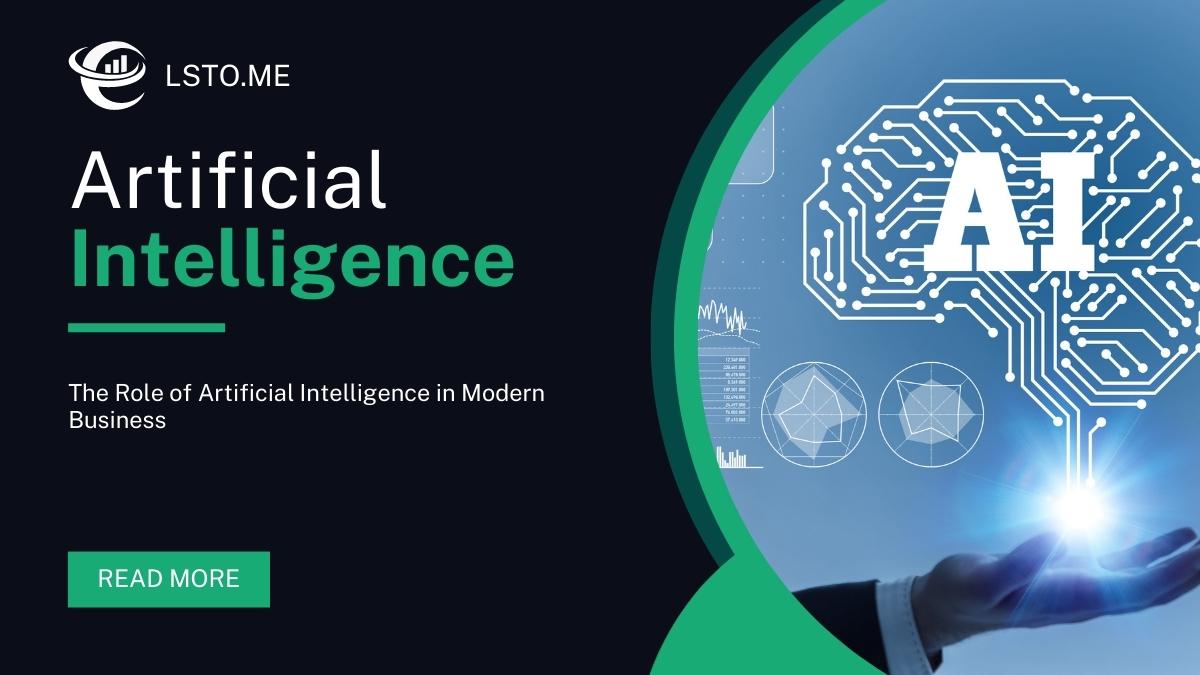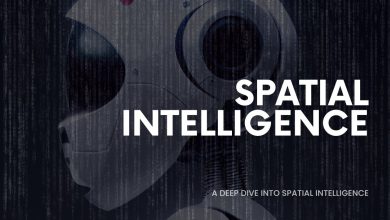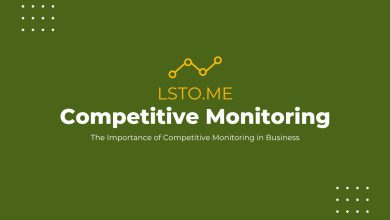
The role of Artificial Intelligence (AI) in modern business is rapidly expanding and evolving. AI technology has been a game-changer for many organizations, leading to increased efficiency and improved customer satisfaction. As businesses become more data-driven and customer-centric, AI can help them stay ahead of the competition and make better decisions. In this article, we will explore the various ways in which AI is being used to streamline business processes and drive growth within modern business environments.
1. Automation
AI can automate a variety of mundane tasks, freeing up employees’ time for more creative and value-adding activities. From data entry and analysis to customer service operations, automation is transforming workplace efficiency as businesses are leveraging the power of AI to streamline processes.
The advantages of using AI for automation cannot be overstated. Not only does it save time by eliminating manual labor, but it also reduces costs associated with human error or oversights. By quickly analyzing large datasets, AI can accurately identify insights that would otherwise take humans hours or days to uncover. This allows businesses to focus on their core goals while leaving the tedious work to machines. With the help of AI, companies can stay ahead of their competitors while efficiently managing resources and increasing productivity levels.
2. Predictive analytics
Predictive analytics is a powerful tool that can be used to gain insight into a business’s future trends and patterns. With the help of predictive analytics, businesses can make more informed decisions and accurately plan for expected outcomes. Artificial Intelligence (AI) plays a major role in modern business when it comes to predictive analytics by offering superior capabilities in data analysis. AI algorithms are now being leveraged by organizations around the world to mine large amounts of data and create predictions about future trends and patterns. AI-driven predictive analytics solutions can identify risks, uncover hidden insights, and draw accurate conclusions from unstructured data sets quickly and efficiently. This helps businesses stay ahead of the competition by predicting customer behavior, optimizing operations, forecasting market changes, and introducing new products or services faster than ever before.
3. Personalization
In the modern business world, artificial intelligence (AI) plays an increasingly important role in personalizing customer interactions. AI-driven technology can be used to tailor customer experiences and provide more customized service. For example, AI-powered algorithms can analyze customer data and recommend products from a company’s catalog that may be of interest to them. In addition, AI chatbots offer automated customer support services that are personalized for each visitor.
AI is also being used to better understand customers’ needs and preferences to help businesses improve their marketing strategies and increase sales conversions. By utilizing machine learning algorithms, companies can gain valuable insights into how shoppers interact with their products or services so they can create more targeted campaigns that will resonate with their customers. Moreover, AI helps companies generate personalized product recommendations which are tailored to each user based on their past behavior and interests.
4. Marketing
AI is now being used to improve marketing efforts by analyzing customer data, optimizing ad targeting, and automating customer interactions. This article will explore how modern businesses can use AI to their advantage to optimize their marketing strategies.
With the help of AI, companies can analyze large amounts of customer data quickly and accurately to gain valuable insights into consumer behavior and preferences. By understanding this information, companies can customize their marketing messages for a more personalized experience for customers. Furthermore, AI can be used for predictive analytics which helps marketers predict future trends or changes in consumer behavior and adjust campaigns accordingly.
5. Supply Chain
The role of Artificial Intelligence (AI) in modern business is evolving rapidly, and its impact on supply chain operations has been revolutionary. AI can optimize supply chains by automating various tasks and providing better insights. AI-based solutions are increasingly being used to automate logistical processes, track inventory more accurately, and improve forecasting accuracy.
Using machine learning algorithms and predictive analytics, AI can give businesses a competitive advantage by gathering data from different parts of the supply chain. This enables companies to make timely decisions that result in efficient delivery times, cost savings, improved customer satisfaction, and reduced wastage. For instance, an AI-powered logistics platform can monitor various parameters like temperature or atmospheric conditions during shipping to ensure the safe arrival of goods at their destination.
6. Robotics
Robotics and Artificial Intelligence (AI) have become an integral part of modern businesses. AI has enabled robotic systems to be used in a range of areas, from manufacturing to logistics. These robotic systems can automate processes that would otherwise require human intervention, resulting in greater efficiency and productivity for businesses.
The role of AI in controlling robotics is incredibly important – without it, many manufacturing and logistics processes would not be possible. AI enables robots to make decisions based on data collected from sensors, allowing them to adjust their movements accordingly. This allows them to complete tasks more quickly and accurately than ever before, eliminating the need for manual labor while increasing efficiencies across the board. Additionally, AI can also help monitor machine health and predict potential failures or malfunctions before they occur, reducing downtime costs significantly.
7. Cybersecurity
As the world moves more into digital and data-driven activities, businesses must also increase their ability to protect themselves from cyberattacks. The role of artificial intelligence (AI) in modern business has become increasingly important for cyber security. AI can be used to monitor and detect cyber threats, which can help protect businesses from becoming a victim of malicious actors.
AI enables computers to process vast amounts of data quickly and accurately, making it an effective tool for detecting potential threats. AI systems can analyze patterns within this data that may indicate a breach or other type of attack, allowing companies to take proactive steps toward preventing damage before it occurs. Furthermore, AI programs can be trained on known malware signatures or suspicious activity to detect new variants faster than traditional methods. This allows organizations to identify potential threats early on and respond appropriately before they have time to cause any significant damage.
8. Fraud Detection
AI has become a powerful tool for businesses to detect and prevent fraud, saving companies from financial losses. Fraudulent activities such as credit card fraud or insurance claim fraud can be difficult to identify without the help of AI-driven detection systems. The technology relies on data analysis algorithms to spot patterns associated with fraudulent behavior and provide an early warning system for suspicious transactions.
AI also offers advantages beyond simply detecting fraudulent behavior; it can also offer insights into customer preferences, allowing businesses to better accommodate their needs. With AI capabilities, companies can monitor customer profiles more closely and develop strategies tailored to each customer’s past behaviors and interests. This enables businesses to reduce the risk of fraud while providing customers with personalized offerings that may improve satisfaction levels.




